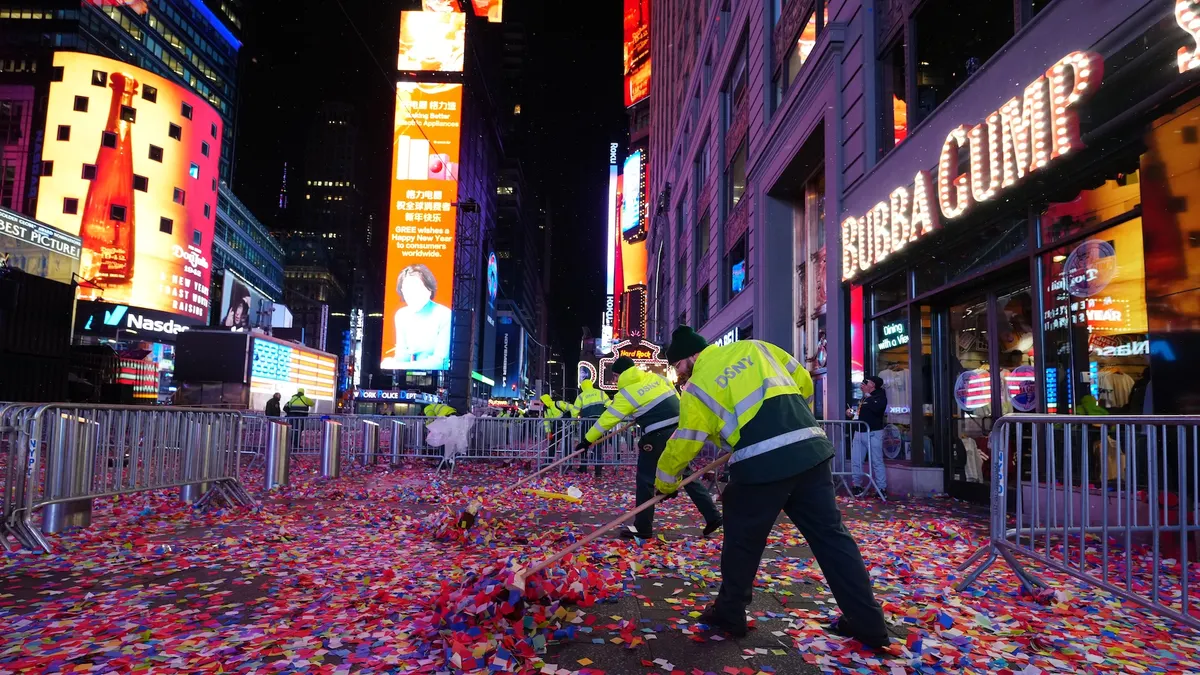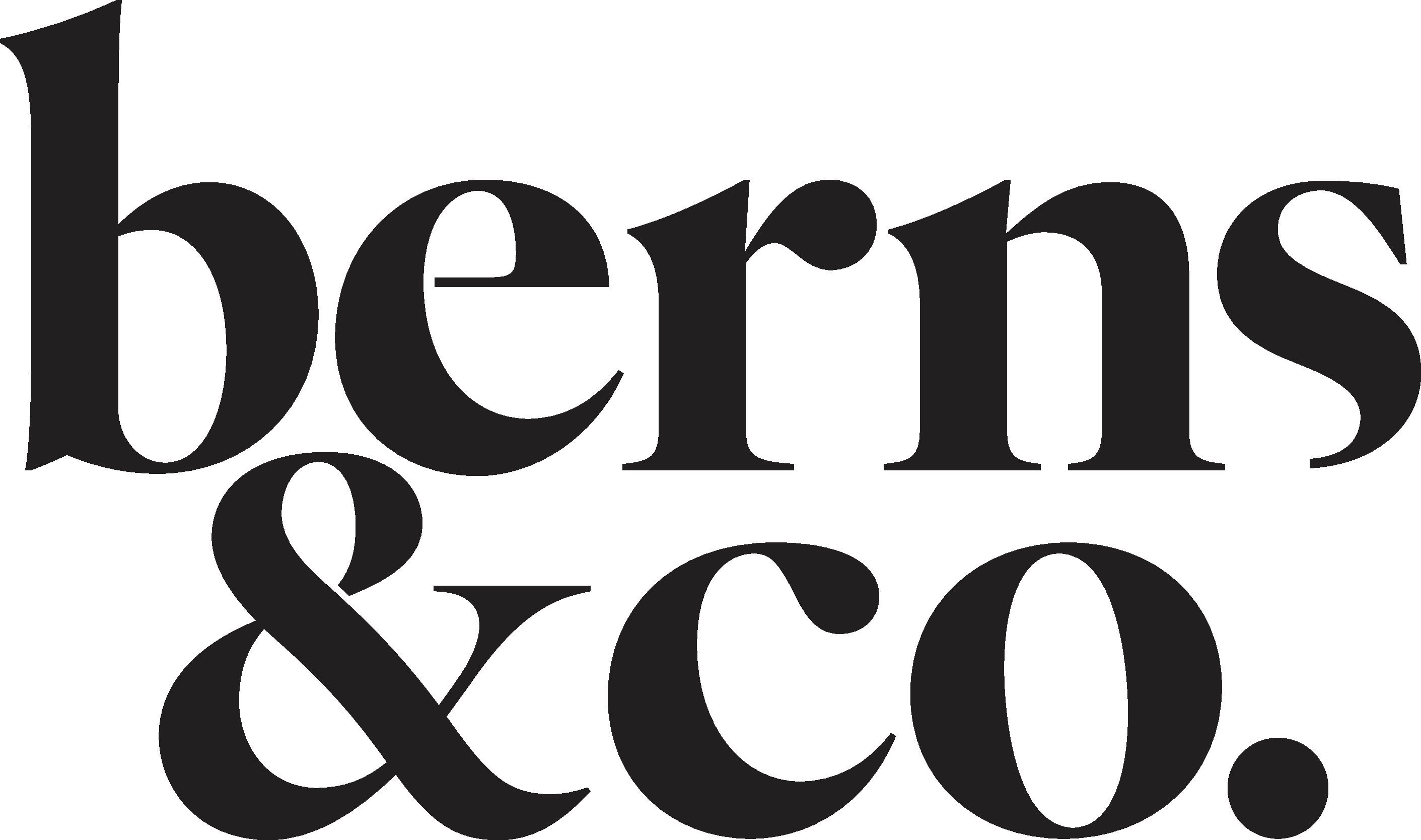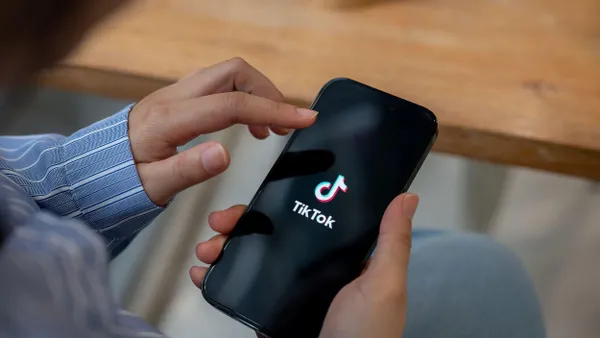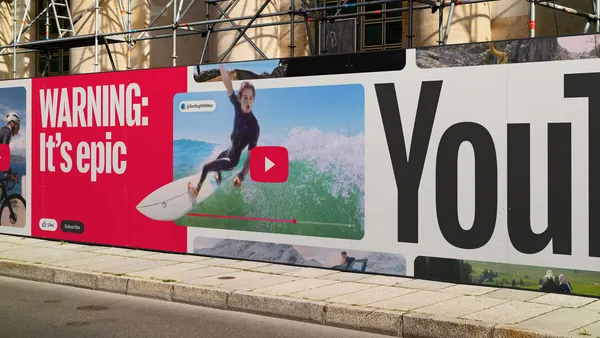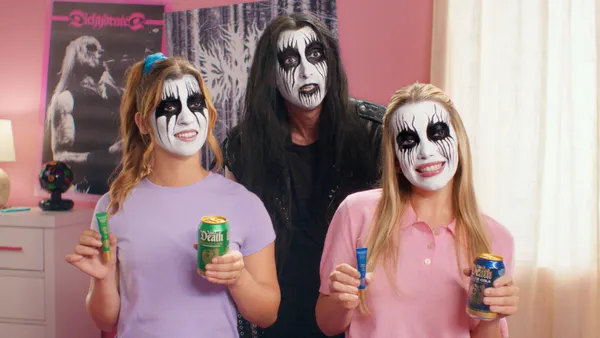Dive Brief:
- Eighty-five percent of creative professionals see artificial intelligence (AI) as the top trend that will impact their creative output over the next two years, but just 45% use automation in their daily roles, according to results of a survey by Wrike provided to Marketing Dive.
- According to the survey, the top challenges that creatives face when collaborating with other departments include submitting detailed creative briefs, cited by 28%, and having the right tools to review and approve projects (15%). Seventy-one percent reported struggling with unrealistic expectations, while 61% said they don't have enough time to be creative and 41% struggle with tracking different versions of content and getting feedback.
- Managers reported their challenges as working collaboratively with other departments (85%) and effectively using resources (79%). Fifty-seven percent of agencies found marketing departments to be the most difficult to work with, while in-house creatives said human resources and administrative departments were the most challenging to work with.
Dive Insight:
Wrike's survey reveals that, though marketers and consumers alike are getting excited about bleeding edge advertising formats like virtual and augmented reality (VR/AR), mobile and more, AI might be the tool that most guides how the industry and agencies internally operate in the future. AI and related fields like machine learning are valued by marketers for their ability to process and manage large amounts of data, but also for their growing impact on the creative process, including through dynamic ad campaign creation.
The Wrike survey addtionally highlights how communication between marketing managers and their creative teams is often a major challenge that can potentially hinder output. Creative briefs that lack details and continuous requirement changes are some of the biggest communication issues that agencies deal with, but many haven't embraced technology that could ease these struggles.
Some of the largest ad agencies are sharpening their focus on AI to modernize their business approach and better compete with competitive threats like consultancies, including Accenture and Deloitte, which have more of a historical specialization in managing technology. Publicis, for example, made waves last year with the announcement of an internal AI-powered platform called Marcel. The ad holding company took a year off from award and trade shows to develop and implement Marcel, a tool that's focused around improving productivity and creativity. However, Marcel has also been met with some mixed internal reactions at Publicis, including concerns that the technology could replace the roles of some creatives.
The researcher Forrester predicts that marketing automation spend will reach $25.1 billion by 2023 — compared to $11.4 billion in 2017 — and grow at a compounded annual growth rate of 14% over the next five years.




